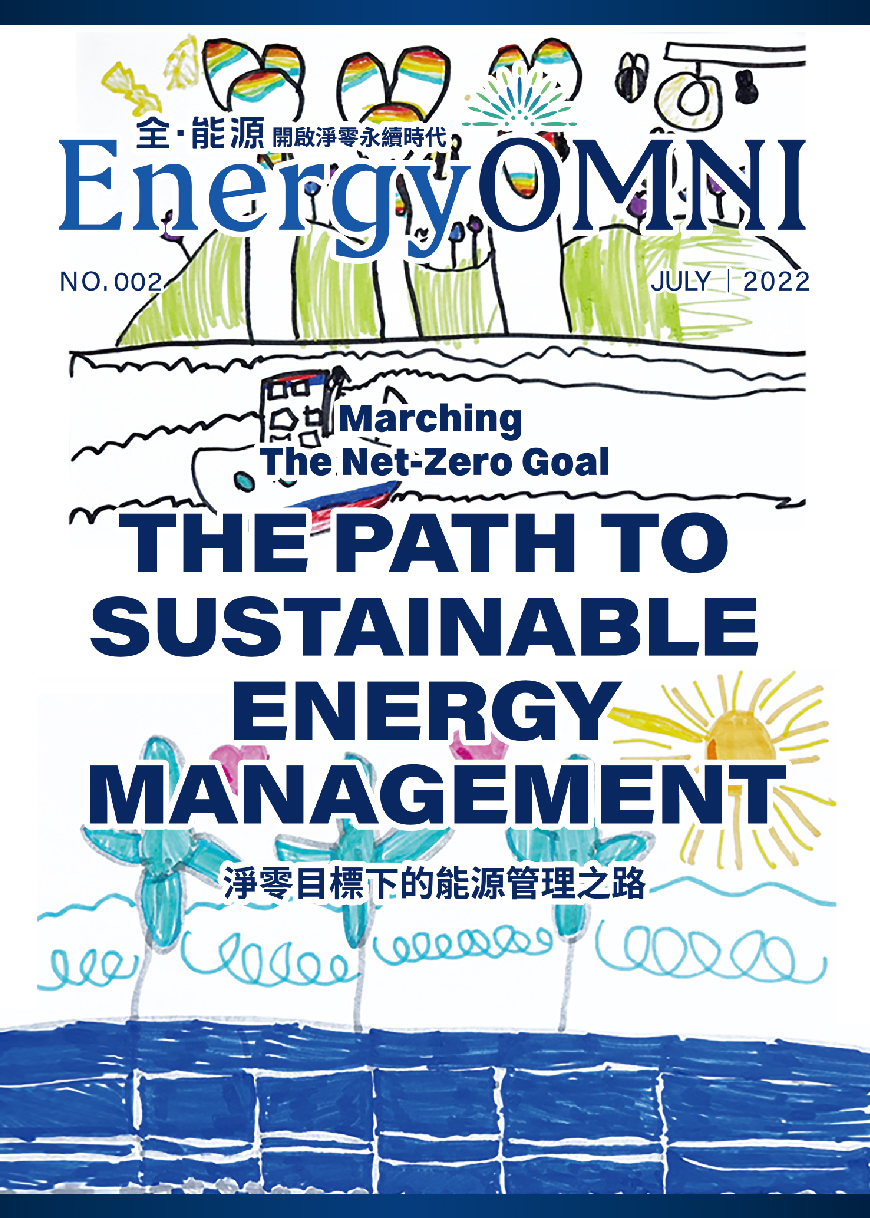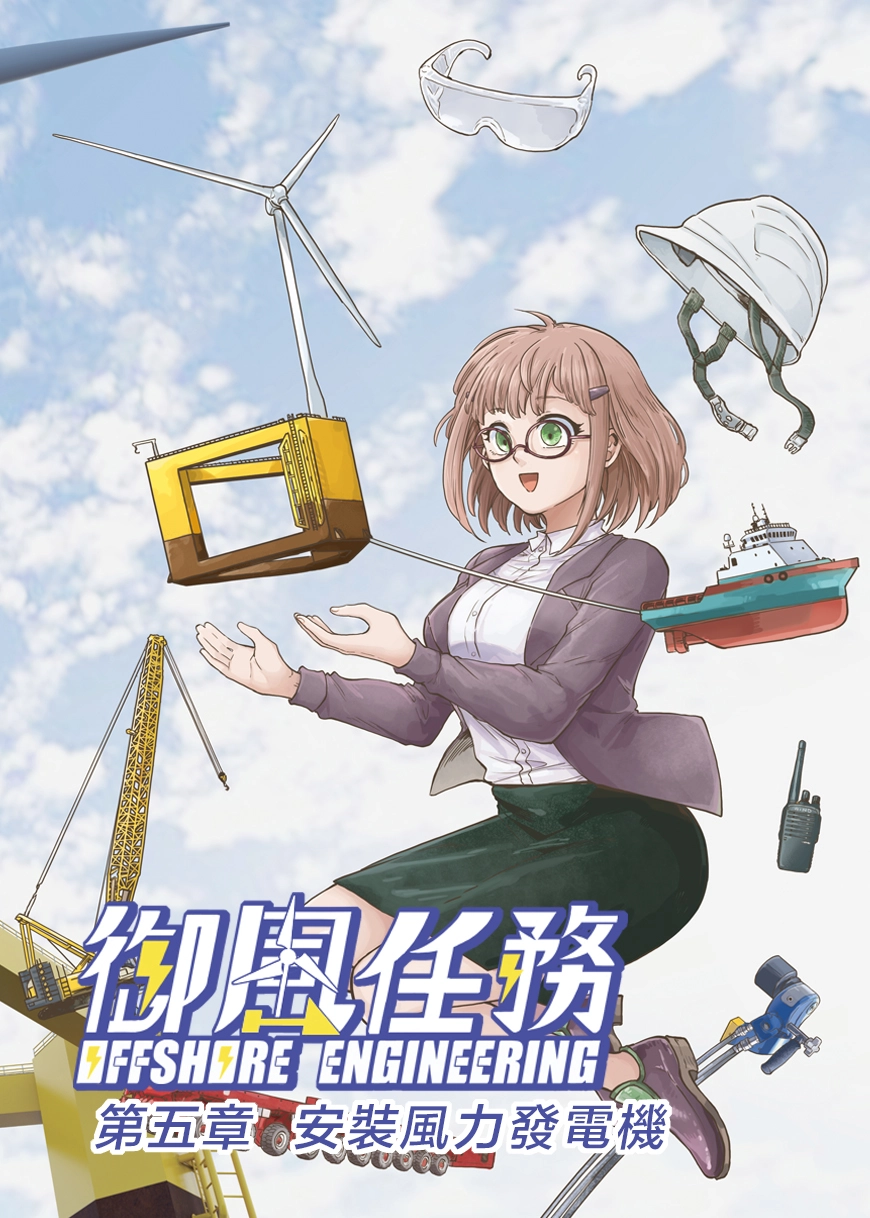AMEA-Action Plans and Challenges for Ocean Literacy by AMEA

AMEA-Action Plans and Challenges for Ocean Literacy by AMEA
-
Publication Date2024/04
-
LanguageEnglish
-
Pages115
-
Supported Devices
E-book
Detailed Introduction
The ocean's health is critical for sustainable social development, but it faces threats from climate change, overexploitation, pollution, and habitat destruction. There's a need for more specific information and social systems to support sustainable actions globally and locally. UNESCO-IOC highlighted the importance of oceanography, leading to the UN's "Ocean Decade of Science" (2021-2030), which aims to advance research and technology while addressing marine issues such as pollution, ecosystem conservation, natural disasters, blue economy, and open access to ocean data.
A key goal is to foster a societal appreciation and understanding of the ocean, emphasizing ocean literacy—an integration of scientific knowledge and traditional ecological insights. This literacy is crucial for public engagement and sustainable development. Ocean literacy varies by region and involves linking knowledge to specific local issues. In Asia, diverse natural environments and accumulated traditional knowledge offer a rich context for enhancing ocean literacy.
Promoting ocean literacy education, especially through collaborative efforts led by universities and involving multiple stakeholders, can improve student agency and support the resolution of global issues. This system aims to build a sustainable relationship between society and the ocean, fostering effective training and cooperation worldwide.
Contents
|01 Introduction
|02 AMEA ocean Literacy Strategic Goals and Obiectives
|03 Ocean Literacy: A Key to Addressing Ocean Challenges
|04 Best Practices in Ocean Literacy Promotion
4-1. OPRl's Efforts in Promoting Ocean Literacy
4-2. Ocean Town Community School (OTCS) Network Promotion Headquarters Was launched
4-3. Establishment of Taiwan Marine Education Center (TMEC): A Step Towards Sustainable Marine Education Development
4-4. Integrate National Resources to Build A Ocean Literacy Benchmark Nation (OLBN) by OAC
4-5. Efforts and Success Toward Ocean Literate Society in Korea
4-6. Supporting The Implementation of Marine Resource Management from The Local Level in Indonesia Through The Indonesian Marine Education Network (IMEN) Group
4-7. Advancing Ocean Literacy: Best Practices in The Philippines for The UN Ocean Decade
4-8. Regional Cooperation and Ocean Literacy in The Philippines
4-9. Guide for Best Practices on Ocean Literacy Promotion in The Philippines
4-10. Fostering Ocean Literacy and Sustainability: The Role Of BGFB in Bangladesh
4-11. Empowering Ocean Literacy: Insights from The Indian ECOPs Meet 2023
4-12. EnviroVision 2050: A Multi-perspective Approach to Ocean Literacy in India
4-13. Marine Education in Australia: A Historical Perspective and Current Initiatives
4-14. lmplementing Marine Science Curriculums to Increase Ocean Literacy - The Harbour School Hong Kong
|05 Fostering Education and Awareness
|06 Monitoring and Evaluation Framework
|07 Marine Educator Training Course
|08 Youth Engagement to Extend The Social Network
8-1. Strategies for Taiwanese Youth Participation in Promoting National Ocean Literacy
8-2. Underwater Love: A Coral Conservation Initiative in Shenzhen Dapeng New District
8-3. Nitobe lnazo's Legacy: Education, Character, and International Cooperation for A Sustainable World
8-4. The 3rd Ocean Science Big Data Contest: Promoting Ocean and Data Literacy for A Sustainable Future
8-5. Youth-Led Initiatives in Bangladesh: Promoting Ocean Conservation and Sustainability
8-6. Active Engagement of The Youth in Ocean Decade and Literacy: The Philippine Social Network Participation
8-7. Empowering Filipino Youth for Ocean Literacy and Sustainable Ocean Management: The Ocean Decade Initiative
8-8. Reef Stakes®: Bridging The Gap Through Unconventional Tools for Ocean Literacy
8-9. Riding the Wave of Inspiration: Uniting, Igniting Passion, Empowering Youth for Marine Conservation
|09 Conclusion and Next Steps
|10 AMEi Board
|11 AMEA Advisory Board Members
|12 AMEA Youth committee
|13 Authors of The Handbook
|14 Sponsor

Asia Marine Educators Association (AMEA)
To promote marine education and to prepare Asia citizens as ocean literate, an association of marine educators working in Asia countries is going to be formed. The idea of an association for Asia marine educators was the result of discuss among the participants of 2015 conference of national Marine Educators Association (NMEA) in the U.S. Participants from Asia Countries greed that we need to organize a marine educators group to produce and disseminate marine education resources throughout Asia. Because it is so multi-cultural, Asia needs special resources tailored to its particular characteristics. Sharing resources will provide an opportunity for marine educators to connect their network.
Others also viewed...
Offshore Engineering|Chapter 1-Project Start
 Offshore Engineering|Chapter 1-Project Start
Offshore Engineering|Chapter 1-Project Start
EnergyOMNI|No.002-The Path to Sustainable Energy Management
 EnergyOMNI|No.002-The Path to Sustainable Energy Management
EnergyOMNI|No.002-The Path to Sustainable Energy Management
Offshore Engineering|Chapter 5-Wind Turbine Integration
 Offshore Engineering|Chapter 5-Wind Turbine Integration
Offshore Engineering|Chapter 5-Wind Turbine Integration
EnergyOMNI|No.006-Resilience and De-Carbonization of Virtual Power Plants and Distributed Energy Sustainable Development Goals for the Renewable Energy Market in Taiwan
 EnergyOMNI|No.006-Resilience and De-Carbonization of Virtual Power Plants and Distributed Energy Sustainable Development Goals for the Renewable Energy Market in Taiwan
EnergyOMNI|No.006-Resilience and De-Carbonization of Virtual Power Plants and Distributed Energy Sustainable Development Goals for the Renewable Energy Market in Taiwan
